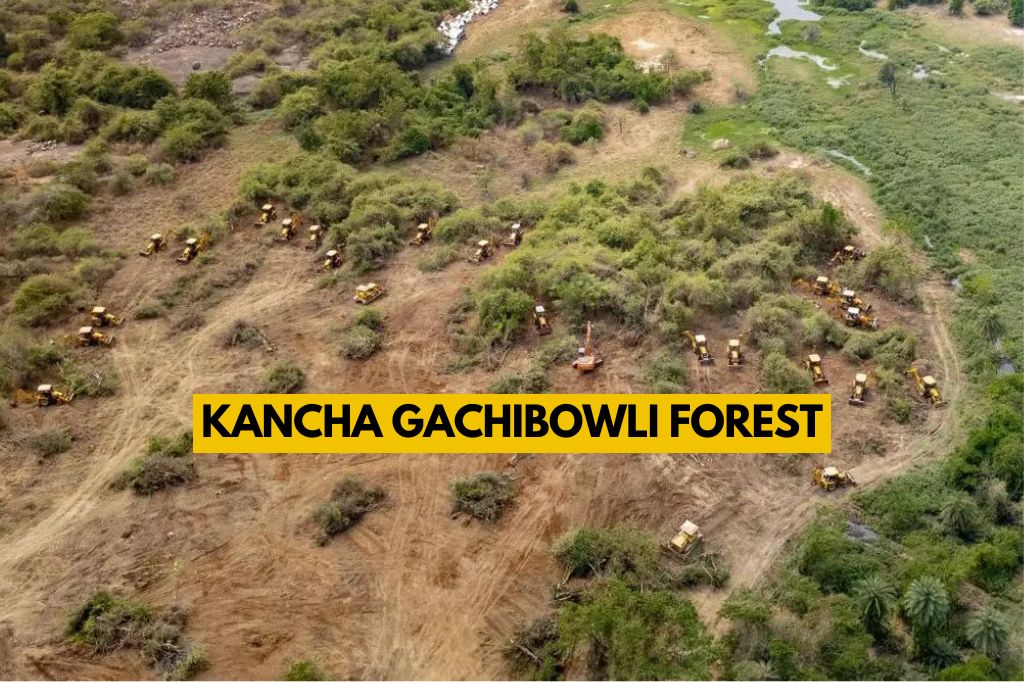For several days, the University of Hyderabad campus in Telangana resembled a battleground. A significant contingent of police, dispatched by the State government, confronted students who were protesting against the devastation of a nearby 400-acre urban “forest” located in Kancha Gachibowli village, Rangareddy district.
The confrontation between the students and the State Congress government commenced at the beginning of last month, following reports indicating that the Telangana State Industrial Infrastructure Corporation (TGIIC) had received approval to develop and auction a biodiverse land area. This land, which previously belonged to the university, was historically used for grazing, referred to as “kancha” in Telugu. Demonstrators highlighted that the project would encroach upon a unique green space within the city.
Following persistent advocacy from students—many of whom faced lathi charges and detentions—along with support from teachers and civil society, the Supreme Court took suo moto notice of the issue on April 3. The court instructed the Chief Secretary of Telangana to ensure that no trees are cut down. It requested the Chief Secretary to provide explanations regarding the urgent necessity for this developmental project and whether an environmental impact assessment had been conducted by the State. Furthermore, the court stipulated that no activities are allowed, except for the protection of existing trees, until further notice. The Supreme Court also indicated that the Chief Secretary would be held accountable for any breaches of this directive.
The loss of this green area has already had severe consequences. By mid-March, heavy machinery started to excavate the land, and on March 30, numerous bulldozers arrived at the location. In spite of public protests and student demonstrations, the removal of trees persisted. Although an official evaluation of the damage has not yet been conducted, Sai Krishna, a GIS analyst, noted, “A preliminary estimate that several of us have reached indicates that more than 10,000 of the over 17,700 trees in the 400-acre area have already been removed.”
Save City Forest, a coalition of citizens, nature enthusiasts, and university alumni, has been tirelessly advocating for the preservation of Kancha Gachibowli. Their research has revealed that this urban ecosystem is home to more than 734 species of flowering plants, 10 species of mammals, 15 species of reptiles, and 220 species of birds. The coalition warns that the “dangerous and unsustainable trajectory of ongoing destruction of natural ecosystems will result in a severe water crisis, deteriorating air quality, and rising temperatures, ultimately rendering the Rangareddy district, especially Gachibowli, uninhabitable for future generations.”







